Introduction
Bullying is recognised as a work place hazard creating a risk to health and safety.
As we have stated in the past, the Fair Work Act 2009 (Cth) (the Act) defines bullying as occurring when an individual or group of individuals repeatedly behave unreasonably towards a worker or a group of workers and that behaviour creates a risk to health and safety.
The test for determining unreasonable behaviour is that of a reasonable person.
What’s not bullying
Workplace conflict, differences of opinion and disagreements are generally not considered to be workplace bullying.
Similarly, reasonable management action is exempt from forming the basis of a bullying allegation under the Act. So what is reasonable management action? It is any of the following, provided it is conducted in a reasonable manner:
- Performance management process;
- Disciplinary action for misconduct;
- Informing a worker about unsatisfactory work performance or inappropriate work behaviour;
- Directing a worker to perform duties in keeping with their job;
- Maintaining reasonable work place goals and standards.
If management action is not conducted in a reasonable manner, it may constitute bullying.
Determining whether management action is reasonable requires an objective assessment of the action taken in the circumstances. Matters such as the circumstances that led to the need for management action should be considered.
The test is not whether the management action could have been undertaken in a manner that was more reasonable.
Taking Management Action
Undertaking management action is daunting and managers might be hesitant to performance manage their staff for fear of accusations of bullying.
The Explanatory Memorandum (“the Memorandum”) to the Act notes that managers have a responsibility to take appropriate management action and make appropriate management decisions in responding to poor performance, disciplinary matters and the like.
The Memorandum extends management action to include effective direction and control of the way that work is carried out. This appears to cover the day to day interactions between managers and employees regarding the performance of work and captures both formal management action and informal day to day processes provided these dealings are reasonable. As noted above, the test for reasonableness is that of a reasonable person. This means, the actions of the manager may be measured against a hypothetical manager in the same circumstances.
If the management action does not meet the reasonableness test, it is unlikely to be protected from a claim for bullying.
It is important that while employees are being performance managed or subjected to some form of management process, that the managers implementing that process take into account the emotional state and psychological health of the employee involved.
Tips for Managers
Managers should continue directing and performance managing employees. This is part of their role as managers and it is the only way operational obligations will be met.
It is essential that managers have the skills and confidence to effectively manage employees without fear of bullying complaints. Managers should hold employees accountable and responsible and enjoy a constructive working environment with effective team work and work production.
Managers should ensure they fully understand any all relevant policies. Managers must act if they identify any form of bullying in the work place, whether or not a complaint has been made.
It is important that managers are trained in giving positive feedback as well as delivering difficult messages. Often the way the message is conveyed makes a big difference.
Although the matter involved a workers compensation claim, the decision of National Australia Bank Ltd v KRDV (2012) 204 FCR 436, highlights the obligation for management action to be reasonable. In this case, the worker attended weekly meetings with other team leaders and her manager to assess workloads for planning purposes. During one of the meetings she was criticised for poor work performance. The Court held that because the meeting was not arranged for the purposes of discussing the worker’s performance, the behaviour would not fall within reasonable management action exclusion for workers’ compensation claims.
Policies
It is vital that employers have in place a bullying policy which:
- All employees are aware of;
- Managers and supervisors understand how to implement; and
That it is applied equally across the work.
Conclusion
Our recommendations for protecting employers from claims of bullying arising from performance management are as follows:
- Maintain objectivity and focus on the performance issues, (not the person) during performance management meetings.
- Ensure that the emphasis of any performance management meeting is on the future – short, medium and long term goals. We do recognise that discussions of past performance issues will be raised, however the focus should be on improvement in the future;
- Document all performance management discussions and meetings;
- Pay attention to your oral and written communications and consider the impact of these on the employee/employees involved;
- Prior to any performance management meeting, the employee should always be invited to bring a support person with them to the meeting;
- Recommendation – ensure the organisation have an up to date bullying policy. Ensure all employees including managers are aware of and understand the rights and obligations set out in the policy;
- Managers and supervisors must understand how the policy works and how to apply and implement the policy;
a. The policy must be applied equally across the entire work force; and
b. When an employee becomes aware of bullying, they should follow the policy and conduct an investigation into the matter and take any necessary steps to ensure the work place is free of bullying.

